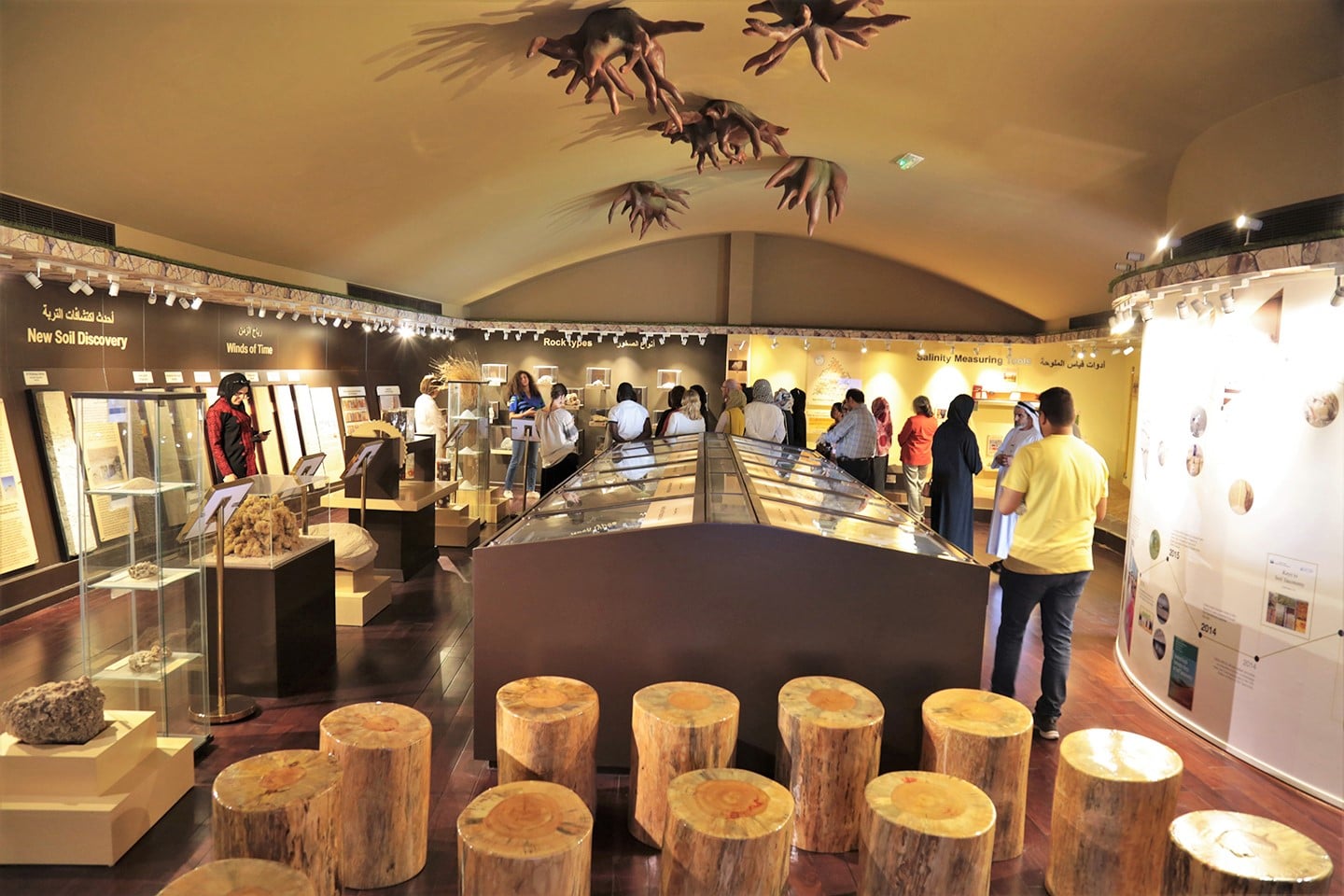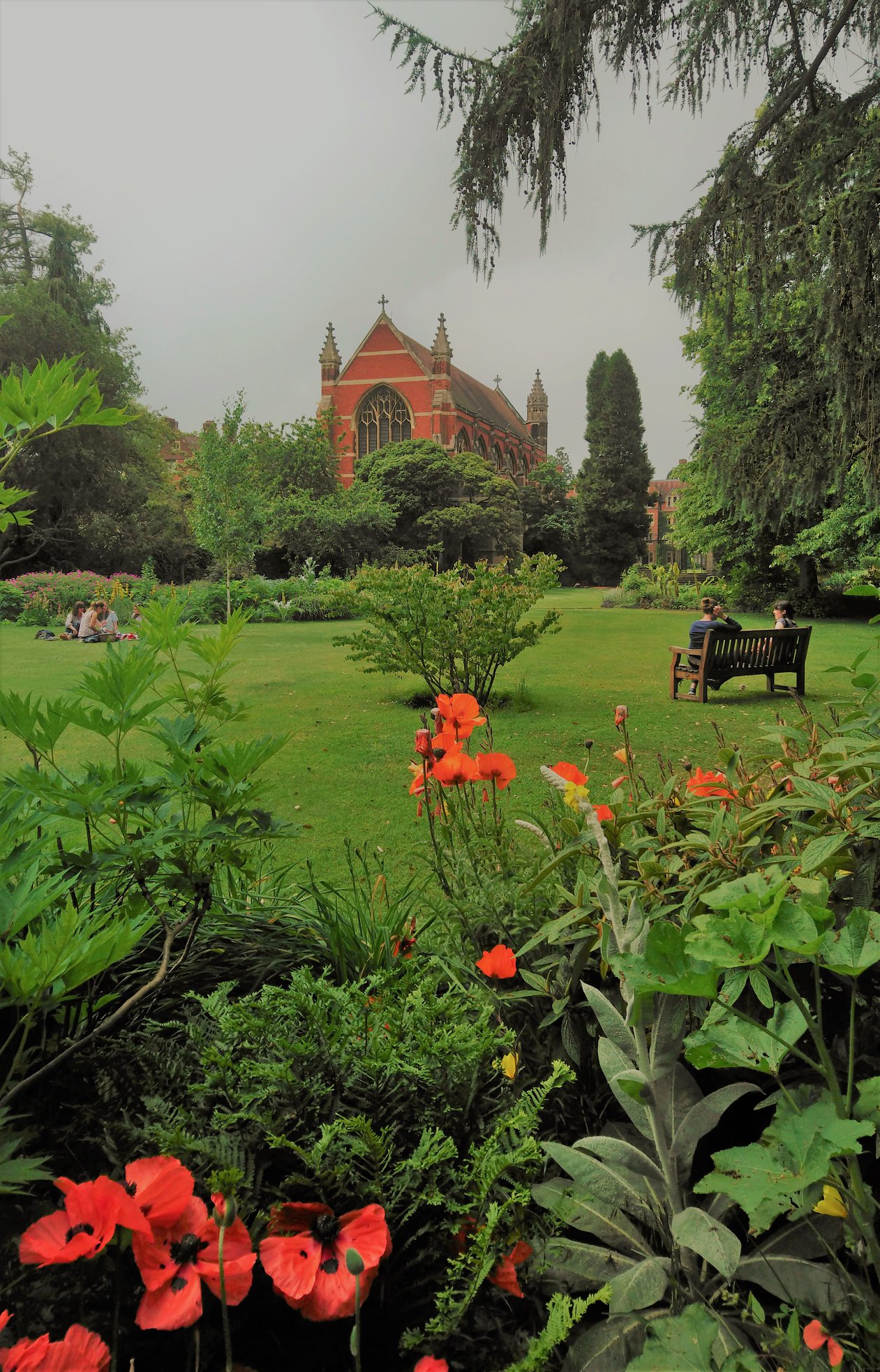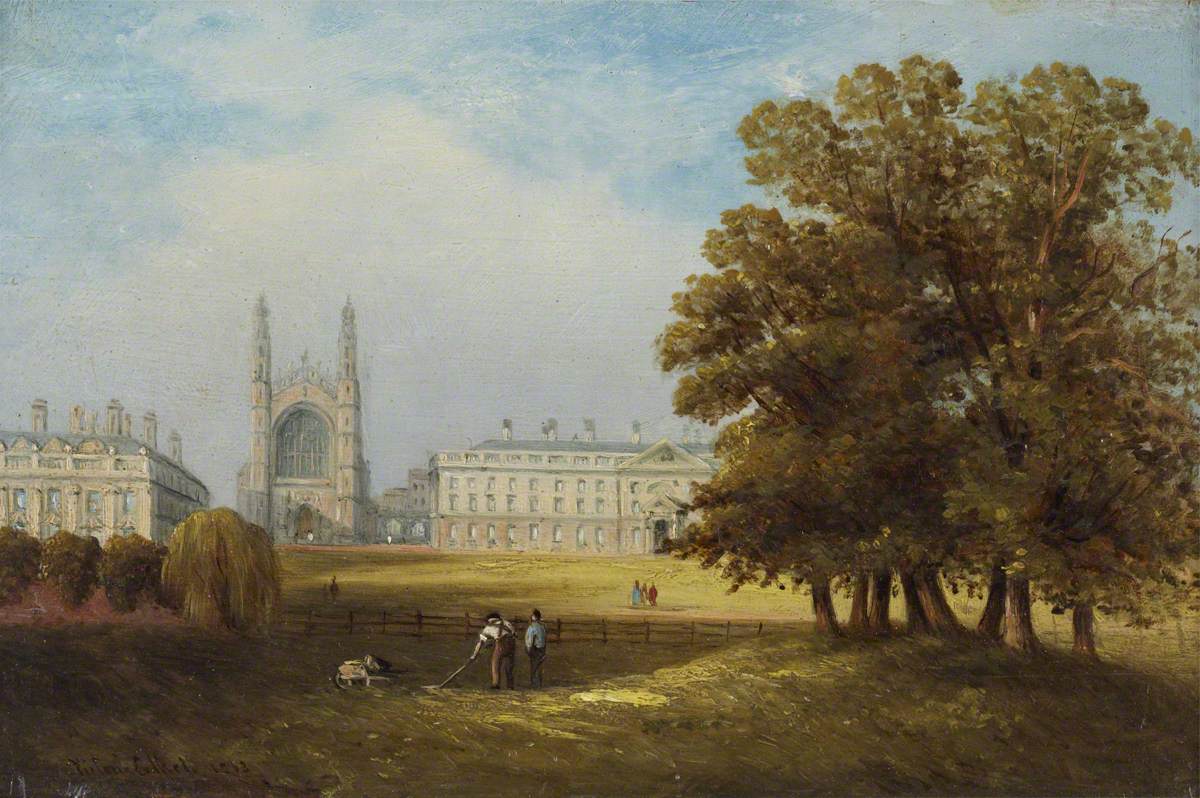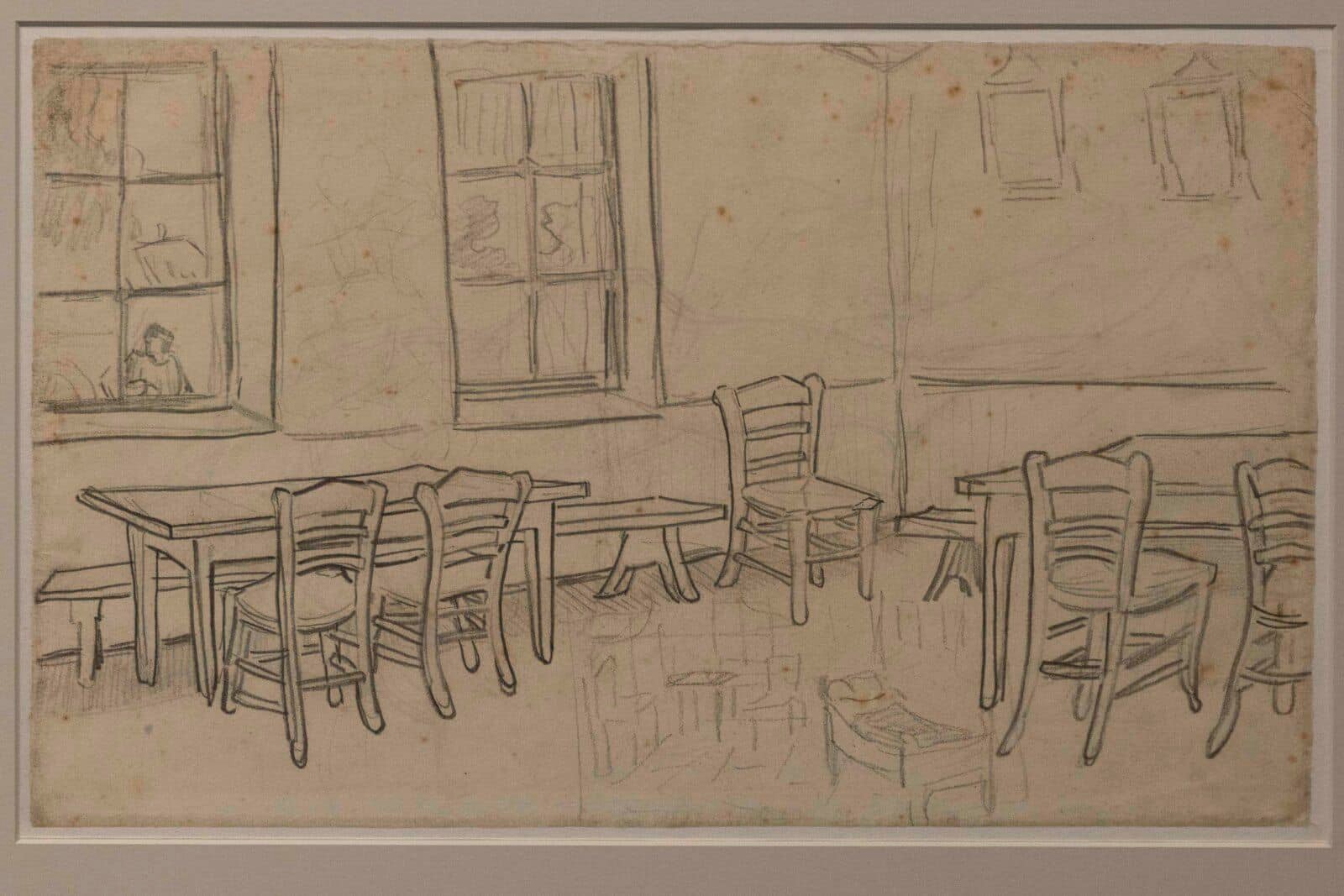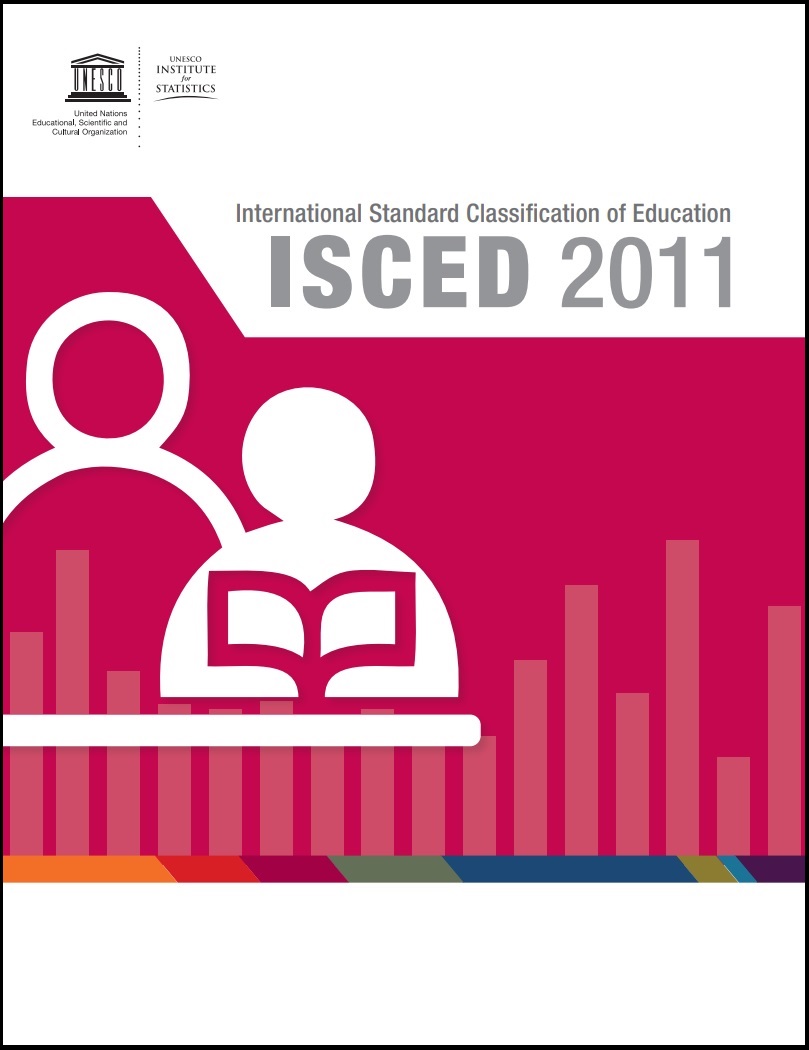Verse 1
Great is Thy faithfulness, O God my Father,
There is no shadow of turning with Thee;
Thou changest not, Thy compassions, they fail not;
As Thou hast been, Thou forever wilt be.
Chorus
Great is Thy faithfulness! Great is Thy faithfulness!
Morning by morning new mercies I see;
All I have needed Thy hand hath provided;
Great is Thy faithfulness, Lord, unto me!
Verse 2
Summer and winter, and springtime and harvest,
Sun, moon, and stars in their courses above,
Join with all nature in manifold witness
To Thy great faithfulness, mercy, and love.
Chorus
Great is Thy faithfulness! Great is Thy faithfulness!
Morning by morning new mercies I see;
All I have needed Thy hand hath provided;
Great is Thy faithfulness, Lord, unto me!
Verse 3
Pardon for sin and a peace that endureth,
Thine own dear presence to cheer and to guide;
Strength for today and bright hope for tomorrow,
Blessings all mine, with ten thousand beside!
Chorus
Great is Thy faithfulness! Great is Thy faithfulness!
Morning by morning new mercies I see;
All I have needed Thy hand hath provided




